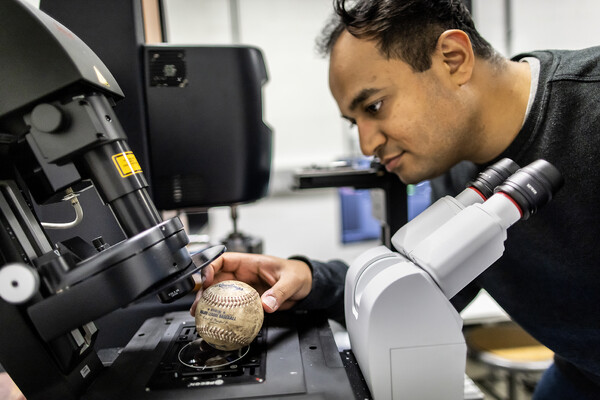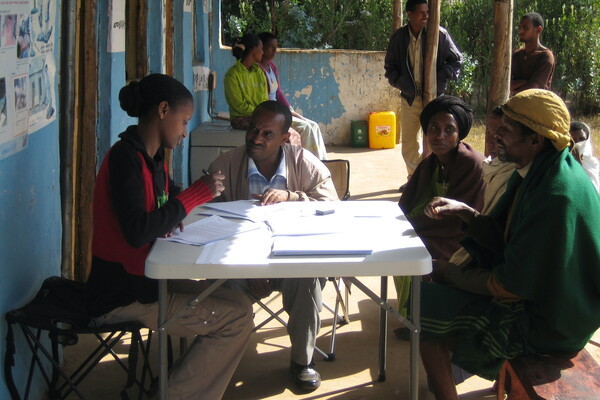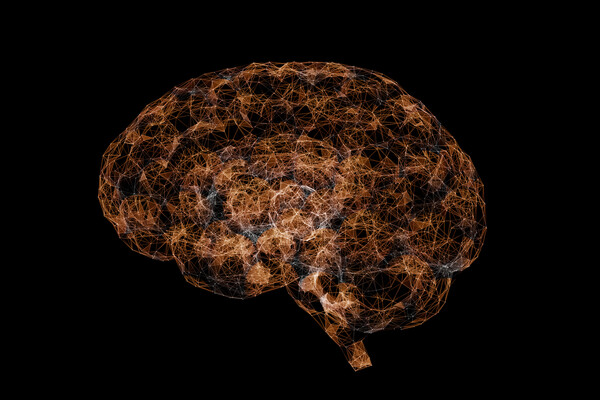
A collaborative team of researchers led by Bo Zhen of the School of Arts & Sciences have created new materials by artificially twisting and stacking two-dimensional atomic “sheets.” New materials control light-matter interaction differently from constituent 2D atomic sheets, paving the way for next-generation laser, imaging, and quantum technologies.
(Image: istock / Sensvector)









